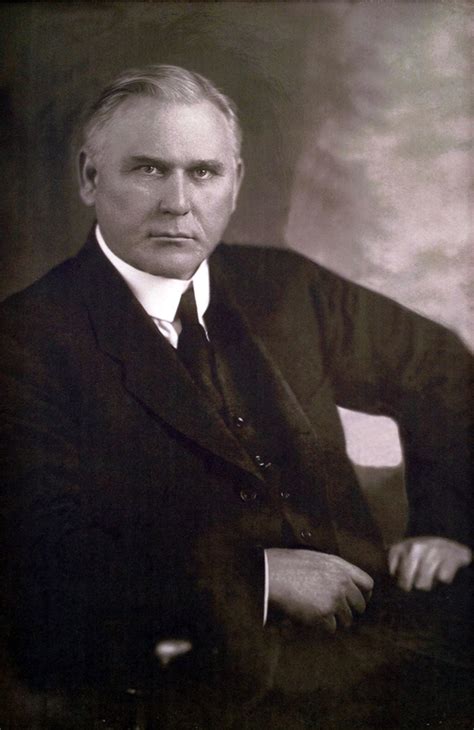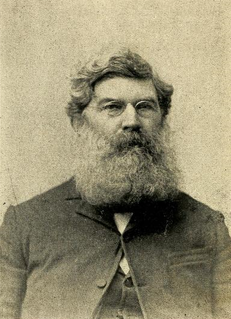A Quote by Dan Brown
In 325 A.D., the Roman Emperor Constantine decided to unify Rome under a single religion ... Historians still marvel at the brilliance with which Constantine converted the sun-worshipping pagans to Christianity. By fusing pagan symbols, dates, and rituals into the growing Christian tradition, he created a kind of hybrid religion that was acceptable to both parties.
Related Quotes
The vestiges of pagan religion in Christian symbology are undeniable. Egyptian sun disks became the halos ... The pre-Christian God Mithras ... had his birthday celebrated on December 25 ... Even Christianity's weekly holy day was stolen from the pagans ... Christianity honored the Jewish Sabbath of Saturday, but Constantine shifted it to coincide with the pagans' veneration of the day of the sun ... To this day, most churchgoers attend services on Sunday morning with no idea that they are there on account of the pagan sun god's weekly tribute- Sunday.
Constantine, the Emperor, saw something in the religion of Christ's people which awakened his interest, and now we see him uniting religion to the state and marching up the marble steps of the Emperor's palace, with the church robed in purple. Thus and there was begun the most baneful misalliance that ever fettered and cursed a suffering world... When ... Constantine crowned the union of church and state, the church was stamped with the spirit of the Caesars.
It took time for the church to come to terms with the ignominy of the cross. Church fathers forbade its depiction in art until the reign of the Roman emperor Constantine.... Now, though, the symbol is everywhere: artists beat gold into the shape of the Roman execution device, baseball players cross themselves before batting, and cancy confectioners even make chocolate crosses for the faithful to eat during Holy Week. Strange as it may seem, Christianity has become a religion of the cross--the gallows, the electric chair, the gas chamber, in modern terms.
Far too long, historians have accepted the claim that the conversion of the Emperor Constantine (ca. 285-337) caused the triumph of Christianity. To the contrary, he destroyed its most attractive and dynamic aspects, turning a high-intensity, grassroots movement into an arrogant institution controlled by an elite who often managed to be both brutal and lax.
The Emperor Constantine, who lifted Christianity into power, murdered his wife Fausta, and his eldest son Crispus, the same year that he convened the Council of Nice to decide whether Jesus Christ was a man or the Son of God. The council decided that Christ was consubstantial with the father. This was in the year 325. We are thus indebted to a wife-murderer for settling the vexed question of the divinity of the Savior.
Jesus himself, and most of the message of the Gospels, is a message of service to the poor, a critique of the rich and the powerful, and a pacifist doctrine. And it remained that way, that's what Christianity was up... until Constantine. :Constantine shifted it so the cross, which was the symbol of persecution of somebody working for the poor, was put on the shield of the Roman Empire. It became the symbol for violence and oppression, and that's pretty much what the church has been until the present.
The Christian religion and Masonry have one and the same common origin: Both are derived from the worship of the Sun. The difference between their origin is, that the Christian religion is a parody on the worship of the Sun, in which they put a man whom they call Christ, in the place of the Sun, and pay him the same adoration which was originally paid to the Sun.
I think it's important to realise that what happens in Neo-Platonism beginning with Plotinus and Porphyry and then going on for the next several centuries, is a real kind of contest for the ideas and convictions of the intelligentsia of the later Roman Empire. So that you have Christians slowly converting more and more powerful people until of course actually Constantine and then other emperors after him, become Christian, and the empire becomes a Christian empire rather than Pagan empire.
Christianity is not a religion. Christianity is the proclamation of the end of religion, not of a new religion, or even of the best of all religions. If the cross is the sign of anything, it's the sign that God has gone out of the religion business and solved all of the world's problems without requiring a single human being to do a single religious thing. What the cross is actually a sign of is the fact that religion can't do a thing about the world's problems - that it never did work and it never will
Christians have always tended to transform the Christian Revelation into a Christian religion. Christianity is said to be a religion like any other or, conversely, some Christians try to show that it is a better religion than the others. People attempt to take possession of God. Theology claims to explain everything, including the being of God. People tend to transform Christianity into a religion because the Christian faith obviously places people in an extremely uncomfortable position that of freedom guided only by love and all in the context of God's radical demand that we be holy.

































